How to Reduce Pollen Exposure to Keep Allergy Symptoms Under Control
- By Allergic Diagnostic and Treatment Clinic
- •
- 24 Oct, 2018
- •
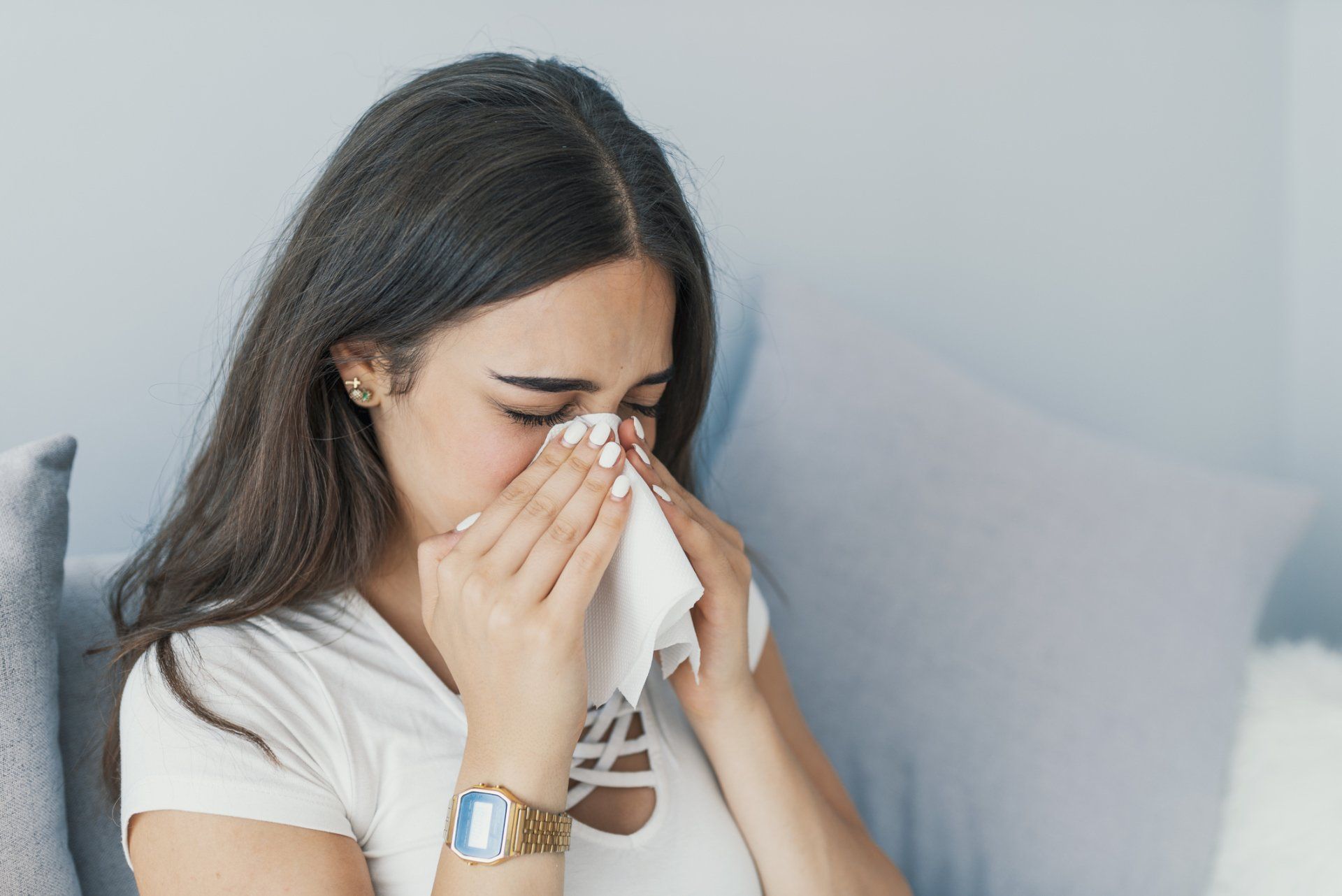
Use a HEPA Filter
HEPA stands for "high-efficiency particulate air." This term is regulated by the federal government, so any filter marketed as a HEPA filter must meet government standards regarding the size of particles it traps. HEPA filters are known to effectively remove pollen from your air as it circulates through your heating and cooling system.
Clean and Vacuum More Often With a Good Vacuum
Leave Your Shoes (And Pollen-Covered Clothing) Outside
Keep the Windows Closed
Have Someone Else Bathe Your Dog
Change Your Car's Cabin Air Filter
If you are still suffering from allergy symptoms in spite of following the guidelines above, schedule an appointment with Allergic Diagnostic & Treatment Clinic. We can recommend additional medications and treatment options to help you feel comfortable and symptom-free.
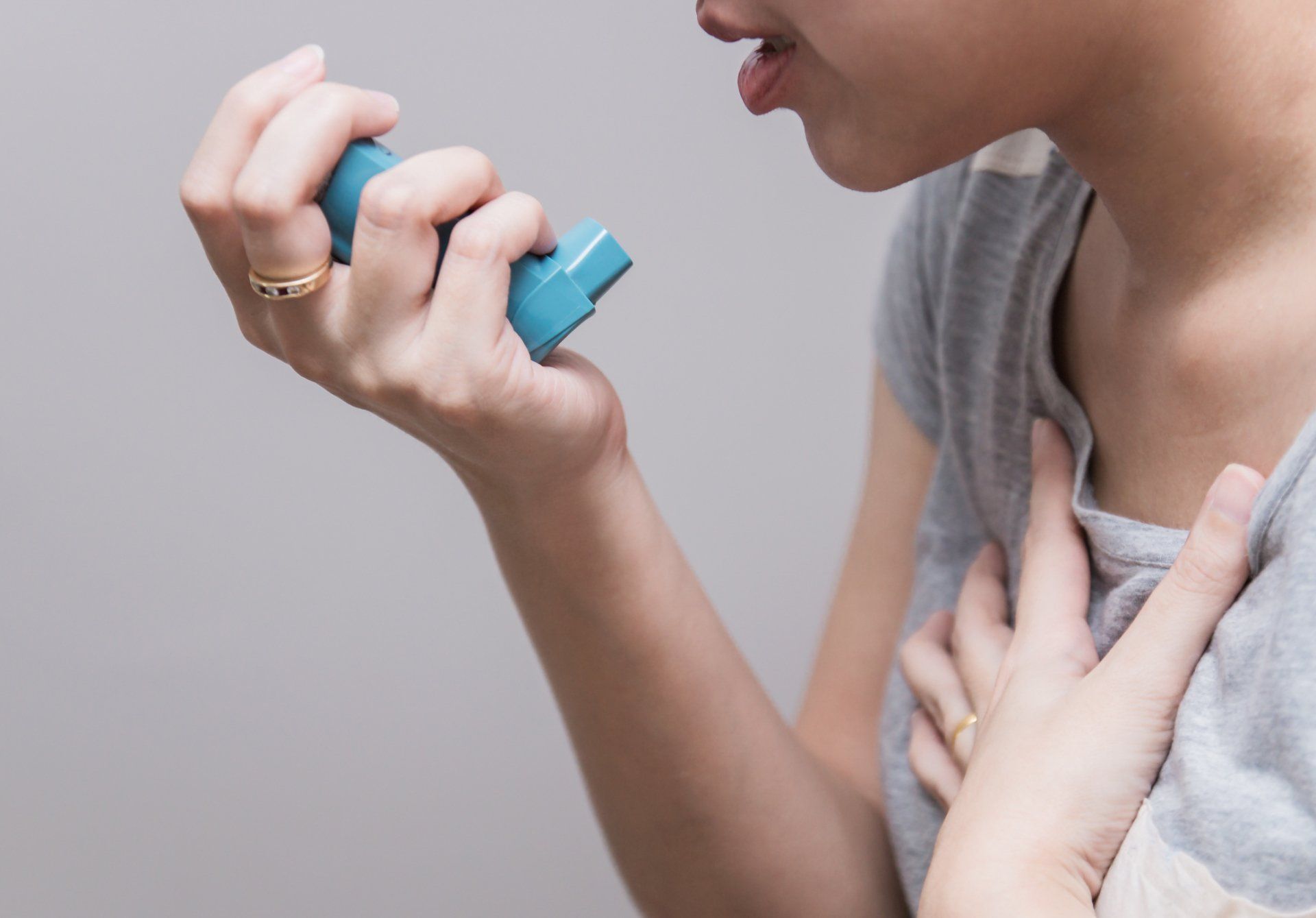

The results of food allergies can be devastating, even fatal. Anaphylaxis requires quick treatment and know-how from others in the workplace. For this reason, education about allergies is crucial.
If you have food allergies and are trying to navigate these types of problems in the workplace, then you may need some suggestions. This guide will help you create a plan of action for contending with food allergies at work.
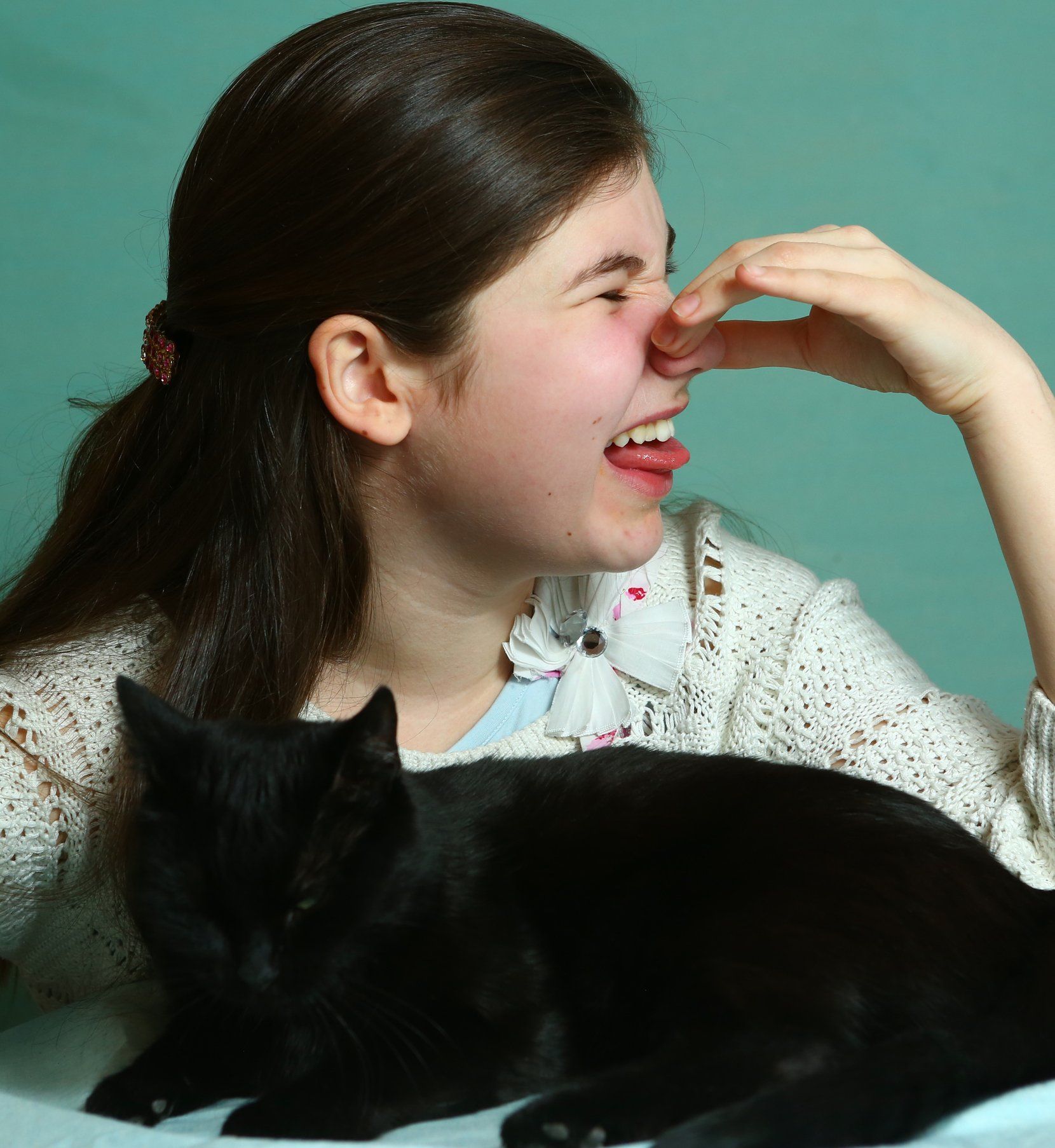
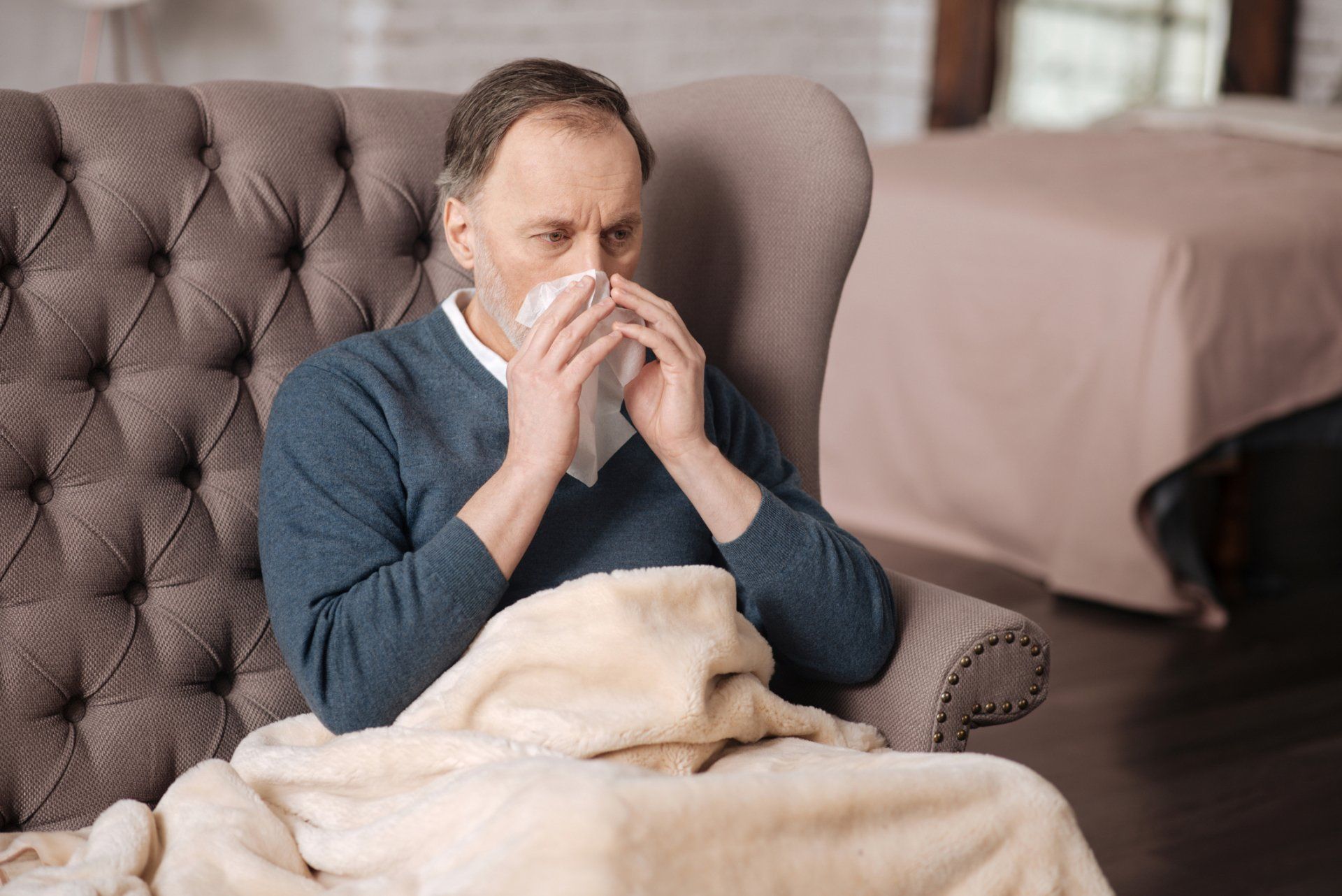
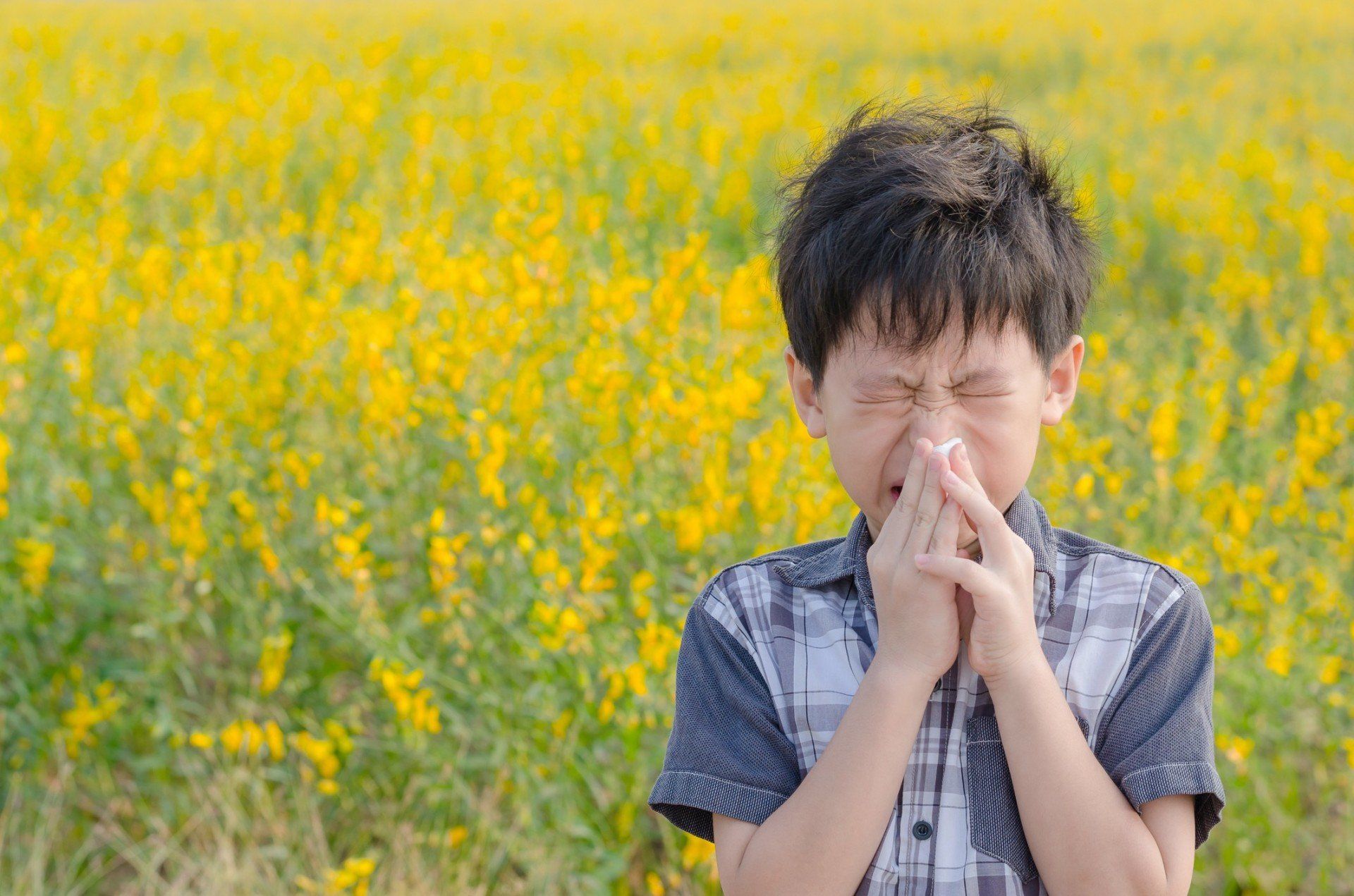
As many as 40 percent of children in the United States are allergic to something. While most allergies are mild, some can be severe and may prove to be life-threatening. Typically, children develop allergies within their first two years of life. What you do during those vital first few months plays a huge role in allergy development.
Exposing your children to certain substances may even help your child avoid allergic reactions later in life. Following are five ways you can keep your child from developing allergies.





